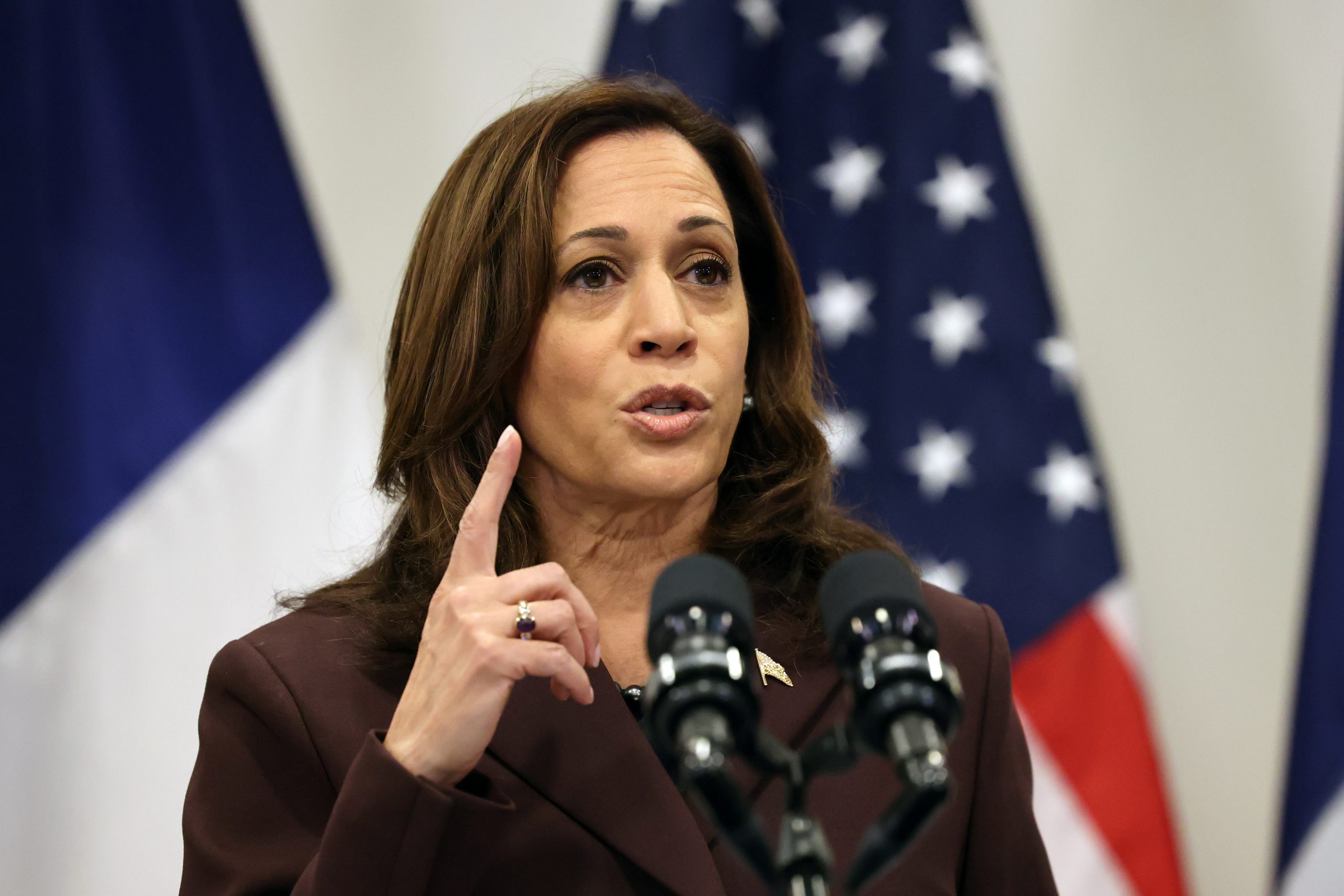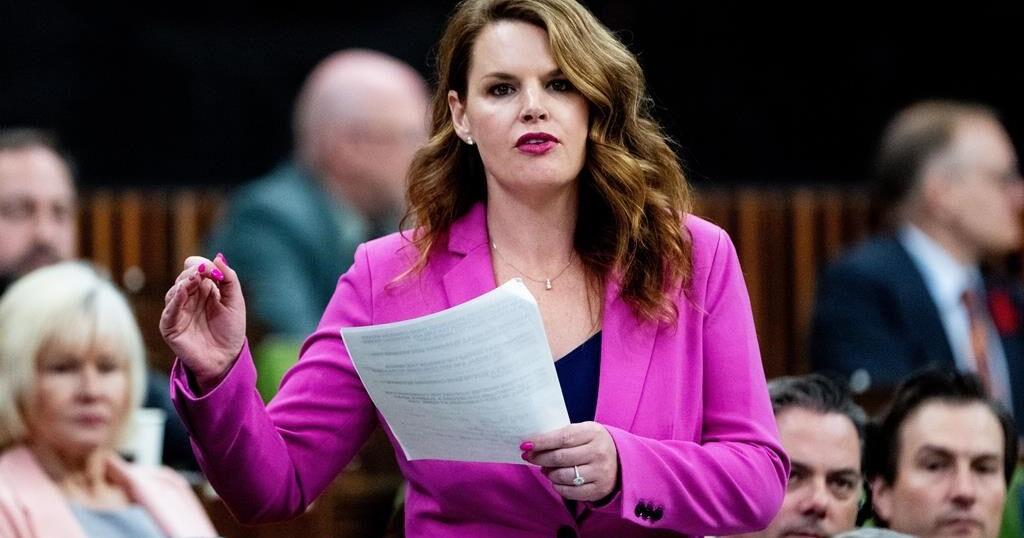Washington, D.C. — Recent developments in the Ukraine-Russia conflict have sparked a notable shift in public sentiment within Russia, with negative feelings towards President Vladimir Putin appearing to increase, particularly in regions far from Moscow. This shift comes in the wake of Ukrainian troops making incursions into Russian territory, a move that has been met with dissatisfaction and concern among Russian citizens.
A new analysis by FilterLabs AI, a firm that monitors public opinion in Russia through social media and internet postings, indicates that the Russian public’s attitude towards Putin has soured, especially after Ukrainian forces advanced into the Kursk region of western Russia. Despite the Russian government’s efforts to put a positive spin on the war’s developments, dissatisfaction is growing, with many Russians blaming the government and President Putin personally for the setbacks.
In a country where expressing dissent can lead to serious repercussions, traditional polling methods often fail to capture true public sentiment, as respondents may provide answers they believe are expected by the government. To overcome this limitation, FilterLabs AI employs a computer model to analyze sentiments expressed by Russians on social media, internet postings, and comments on news media sites. This method provides a more nuanced understanding of how ordinary Russians feel about their leadership and the ongoing war.
According to the analysis, Putin’s popularity has been on a downward trajectory since a brief armed rebellion in 2023 led by Yevgeny Prigozhin, the head of the Wagner Group, a Russian paramilitary force. However, the recent Ukrainian advances have intensified this decline, particularly outside Moscow. While the Russian capital remains somewhat insulated from the growing discontent due to tighter government control over the media, even there, the public’s view of Putin is beginning to sour.
“Putin’s response to the incursion was seen as inadequate at best and insulting at worst,” said Jonathan Teubner, CEO of FilterLabs AI. The perception that Putin’s leadership has faltered in the face of Ukrainian advances is particularly pronounced in Russia’s outlying regions, where frustration with the Kremlin is growing.
The regions showing the sharpest decline in sentiment towards Putin are also those where the Kremlin focuses its military recruiting efforts. This presents a significant challenge for the Russian government, as its recruitment strategy relies heavily on managing public perception of the war. If dissatisfaction continues to grow, it could undermine the Kremlin’s ability to sustain its military efforts.
“It is right now difficult to determine the effect of the Ukrainian counteroffensive,” Teubner noted. “But it is clear that it is shocking and, for Putin, embarrassing. Kremlin propaganda, spin, and distraction can only do so much in the face of bad news that is widely discussed across Russia.”
As the conflict with Ukraine drags on, the Russian government’s ability to control the narrative is being tested. The growing dissatisfaction with President Putin, particularly in regions far from the center of power, suggests that the Kremlin’s grip on public opinion is weakening. How this will impact the ongoing conflict and Putin’s political future remains to be seen, but the signs of unrest are becoming increasingly difficult to ignore.
Related




























